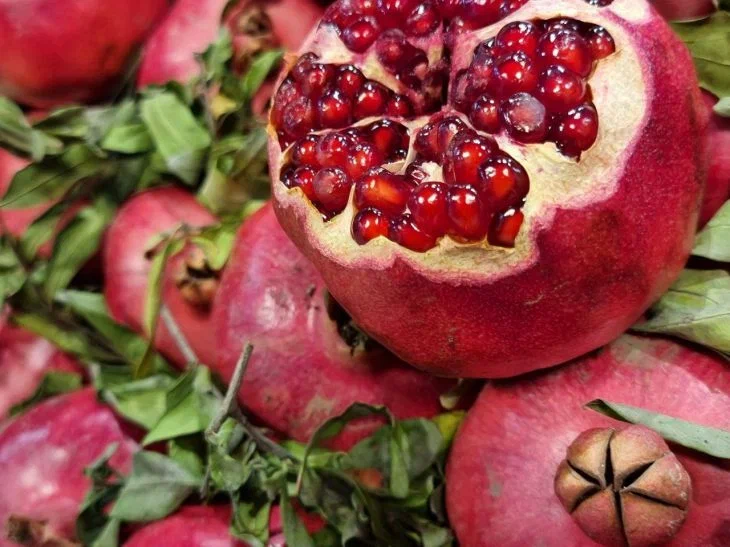What if one simple fruit could become your ally in the fight against age-related changes?
Doctors have revealed details about a product that can not only supplement the diet, but also reduce the risks of a whole range of age-related diseases.
We are talking about pomegranate, a berry whose potential is often underestimated.

Pomegranate has long been known as an aid in iron deficiency, but its benefits are much broader.
The fruit contains a unique set of vitamins (K, C, B group), amino acids and minerals that strengthen the immune system and help the body resist infections.
The ability of pomegranate to protect the liver from toxins deserves special attention - the natural antioxidants in its composition neutralize harmful substances, maintaining the health of the organ.
The key discovery of recent years is related to the substance urolithin A, which is found in pomegranate. It not only increases endurance during physical exercise, but also slows down age-related muscle atrophy.
In addition, urolithin A affects brain health: studies confirm that it slows down the aging process of nerve cells, reducing the risk of developing Alzheimer's and Parkinson's disease.
This component also relieves joint pain and normalizes sleep – problems familiar to many after 40 years of age.
Despite its benefits, pomegranate is not suitable for everyone.
If you have allergies or gastrointestinal diseases, it is better to avoid eating the fruit.
Concentrated juice should be diluted with water to avoid irritation of the gastric mucosa.
In other cases, 100–150 grams of pomegranate seeds per day will be a tasty contribution to longevity.
Pomegranate is not a panacea, but it is a powerful tool in preventing age-related changes.
The main thing is to approach its inclusion in the diet without fanaticism and consult a doctor in case of chronic diagnoses. As practice shows, sometimes the most effective solutions are hidden in the fruit section.


